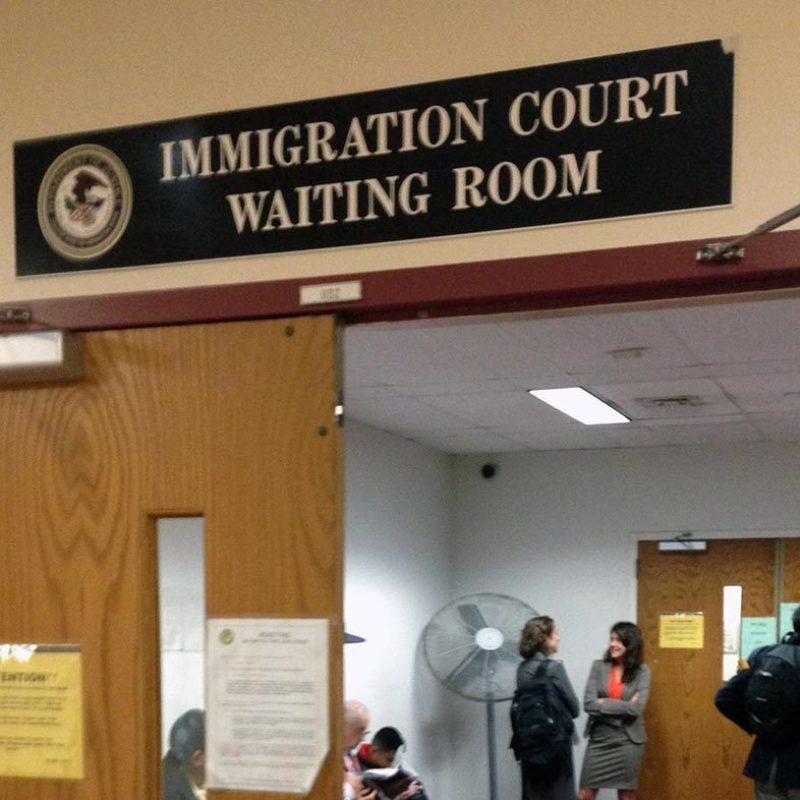Americans watched the Afghan government fall from afar. But for Bahroz Mohmand, the moment marked the high-stakes culmination of a plan two years in the making to relocate his family.
“Because of me my whole family — my brothers, my sisters, my parents, my in-laws — most of them were at risk,” said Mohmand, who worked as a translator for U.S. Special Forces. “Working for the army in Afghanistan was not easy. You’re basically putting your family and their life in jeopardy by working for them.”
Now, safely in Charlotte, Mohmand fears for his family’s future. Their work permits are set to expire in 2023, and the uncertainty of that leaves him wondering what will happen.
“If their work permits expire, they’re, of course, not going to let them work anymore, and then they’ll have no income and (will) be put on the street,” he said.
Tahira Askira, Mohmand’s niece, recalled the tense days in Afghanistan before she was evacuated last year.
Askira said she was out grabbing groceries with her mother and sister when they heard the Taliban took over the country. Soon, the day descended into chaos. “People were shouting,” she said. “Everybody was looking for a way to get back home.”
Askira was fearful. She heard from adults what life was like under Taliban rule. For two days, they were stuck at home as Taliban fighters surveyed the streets, looking for people.
Mohmand feared the worst. Through his job as a translator, he was given a pathway to citizenship and emigrated to America in 2012 through the Special Immigration Visa program for Afghans.
The program, however, didn’t guarantee their families similar avenues. And interpreters’ jobs often placed targets on their backs, as well as their families, Mohmand said.
Mohmand also garnered a higher profile after being invited to the White House in 2018 for a Medal of Honor ceremony for a soldier he worked with. During the ceremony, he was individually recognized by then-President Donald Trump.
While the moment was one of his proudest, it also placed his family directly in danger.
As Askira fled the airport with her family, all she was able to grab was a backpack full of a few belongings. Meanwhile, Mohmand stayed on the phone with the family and used Google Maps from his home in Charlotte to help them navigate to and through the Kabul airport. Askira spent almost two nights sleeping outside the airport before they were able to get inside.
“I was running the operation basically,” Mohmand recalled. “I was telling them where to go.”
Now in America, they face hurdles applying for asylum.
GETTING SETTLED
Rebekah Niblock, a staff attorney at Charlotte Center for Legal Advocacy, said applying for asylum is one of the more complex areas of immigration law.
Refugee resettlement centers such as the Carolina Refugee Resettlement Agency contacted the Charlotte Center for Legal Advocacy to assist the influx of Afghan families. The center soon undertook the task of creating a program to link Afghan families to pro-bono attorneys who could help them with their asylum cases.
For Niblock, the case with Mohmand’s family is even more personal. Her father, a builder in Concord, has helped to house members of Mohmand’s family and is Askira’s neighbor.
”I feel the family is meant to be here,” Niblock said.
Niblock said a bill in Congress called the Afghan Adjustment Act could be key in helping these families have a direct path to citizenship. The bipartisan legislation was introduced in Congress in August and would allow Afghans with temporary status to apply for lawful permanent residence.
“There’s precedent for the bill,” Niblock said. “If you think about the Vietnamese coming to our shores, we passed similar legislation to allow them to have more of a direct path to residency and citizenship status.”
Asylum cases could take years, Niblock said. Currently a special provision allows Afghan refugees to have their cases heard within 45 days of filing.
“But that means you need to have everything ready,” Niblock said. “That entails a detailed statement, corroborating evidence, sitting down the client and asking very difficult and traumatizing questions.”
Read more at: https://www.charlotteobserver.com/news/local/article264677989.html#storylink=cpy


